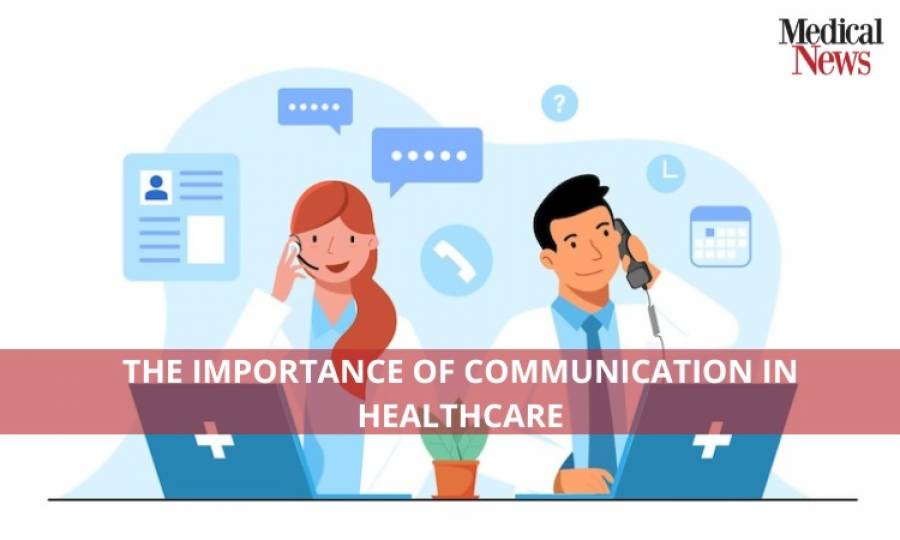The Importance of Communication in Healthcare

Communication is an integral part of the healthcare system. It is not only the key to a good relationship between a doctor and a patient, but communication is essential with peers, nurses, staff, specialists, and the patient’s family. Clear and concise communication must always be maintained to make a smooth connection between all the people involved, and it is the highlight of working together as a team. Telemedicine is an example of making communication work in an effective manner in the healthcare system. It depends upon listening and giving expert advice regardless of the patient’s location.
There are two types of communication methods used in the healthcare system: one is inter-hospital communication, in which there is sharing of information with multiple hospitals primarily working under the same organization, and it entails patient transfer along with the medical records. The second type is intra-hospital communication, which occurs among the people working in the same hospital. It involves maintaining records, schedules, appointments, room changes, and assign tests.
Qualities of effective communication
- A safe space is created for the patients to convey their problems openly and without judgment.
- Doctors convey diagnosis and treatment modalities in a clear, research-oriented, concise, transparent, and empathetic manner.
- An understanding of responsible and careful communication between the administration and healthcare providers.
- Hospitals that hire culturally competent staff to avoid any communication barriers.
Benefits of good communication
- Improved communication leads to better healthcare outcomes.
- Enhanced patient satisfaction and their perceptions of healthcare significantly improve.
- There are reduced patient complaints and high work quality is evident.
- Better teamwork and collaboration among the staff and hospital becomes possible.
- Patient safety and decreased medical errors.
Barriers to communication
A lot of barriers can hinder doctors from communicating effectively with their patients. It could be an overload of patients, long shifts, lack of privacy, background noises, or the patient’s inability or disease state to listen and receive information properly. All these should be overcome to ensure a smooth operation.
Tips for effective communication
Some tips to improve communication in the healthcare setup can be: inclusive staff, using clear language, giving examples to explain, listening rather than talking over, respecting peer advice, coordinating with hospital leaders, sticking to the code of ethics, being aware of your body language and engaging in a dialogue. Making yourself available and ensuring that what you have said has been appropriately received by the patient is your responsibility as a doctor.
In conclusion, adhering to values like empathy, understanding, work equity, and respect makes hospital operations run smoother and more successful. Research has proven that effective communication is key to the ability of a patient to follow medical advice and shift towards the preventive route. Among health care team members, it leads to successful collaboration, shared workload, respect, and job satisfaction. Lastly, improving communication is a life-long skill. Always look inwards, recognize shortcomings and work upon them to make life easier for yourself and others around you.
Trending
Popular
Dow University’s new rabies vaccine is just a phone call away
-
IRD role lauded in advancing ...
02:53 PM, 12 Mar, 2024 -
Over one billion people worldwide ...
09:48 AM, 5 Mar, 2024 -
'Artificial tongue' introduced to ...
03:38 PM, 4 Mar, 2024 -
Health Alert: Dried fruits found to ...
11:47 AM, 2 Mar, 2024




